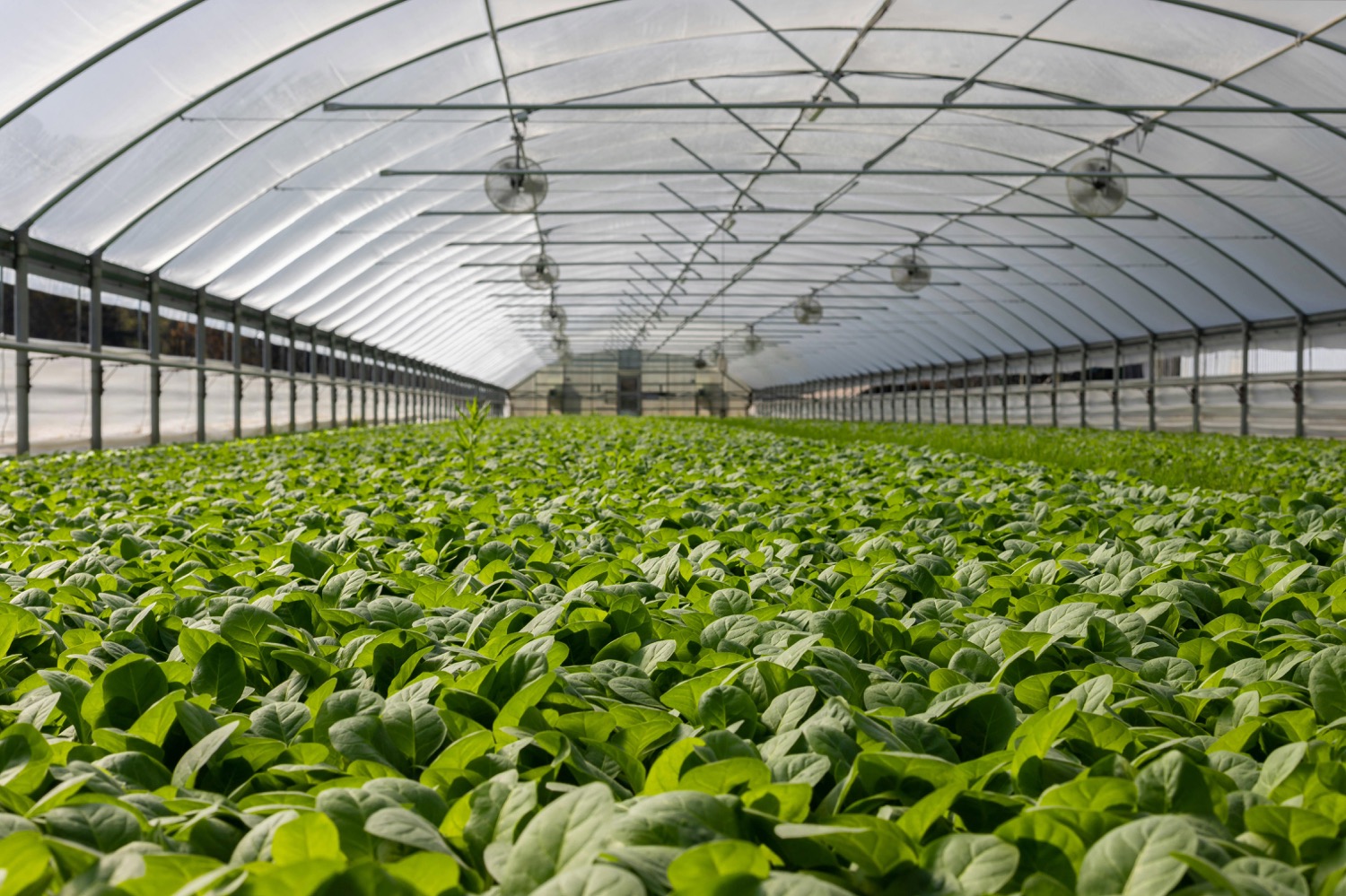
Technology for the Future
At ARBA, sustainability is not an abstract concept, it is a concrete practice driven by innovation. The project integrates cutting-edge technologies designed to optimize resources, reduce environmental impact, and ensure long-term operational viability.
-
Efficient and Clean Desalination: El uso de tecnologías de ósmosis inversa de última generación permite producir agua potable con un bajo consumo energético, utilizando fuentes renovables como la energía solar para reducir la huella de carbono.
-
Digital Monitoring and Control: Sistemas inteligentes de gestión del agua, energía y producción permiten monitorear en tiempo real los consumos, ajustar procesos automáticamente y detectar fugas o ineficiencias antes de que se conviertan en problemas mayores.
-
Precision Agriculture: Through sensors, drones, and data analysis platforms, irrigation, fertilization, and crop protection are managed with pinpoint accuracy, reducing waste and improving yields.
-
Circular Economy: By repurposing byproducts, such as agricultural waste, manure, hypersaline water, or organic surplus as raw materials for minerals, fertilizers, energy, or animal feed, the production cycle is closed and new income streams are generated.
-
Modular and Adaptable Infrastructure: Facilities are designed to grow in stages without wasting resources, allowing operations to scale as demand and commercial opportunities expand.
-
Climate Change Preparedness: The ARBA model incorporates resilience to extreme weather events and future water scarcity, ensuring operational continuity under adverse conditions.
This technological vision allows ARBA not only to solve today’s challenges, but to lead the region’s sustainable development over the next 50 years, with a focus on science, efficiency, and regeneration.